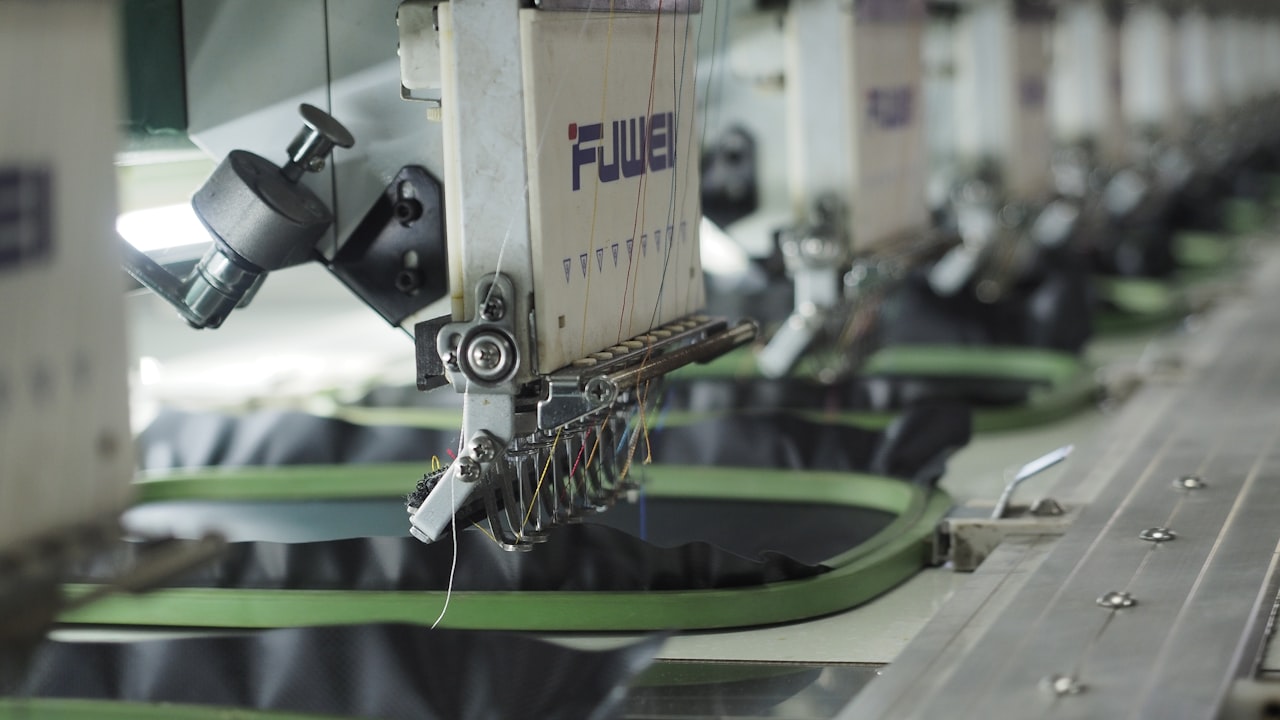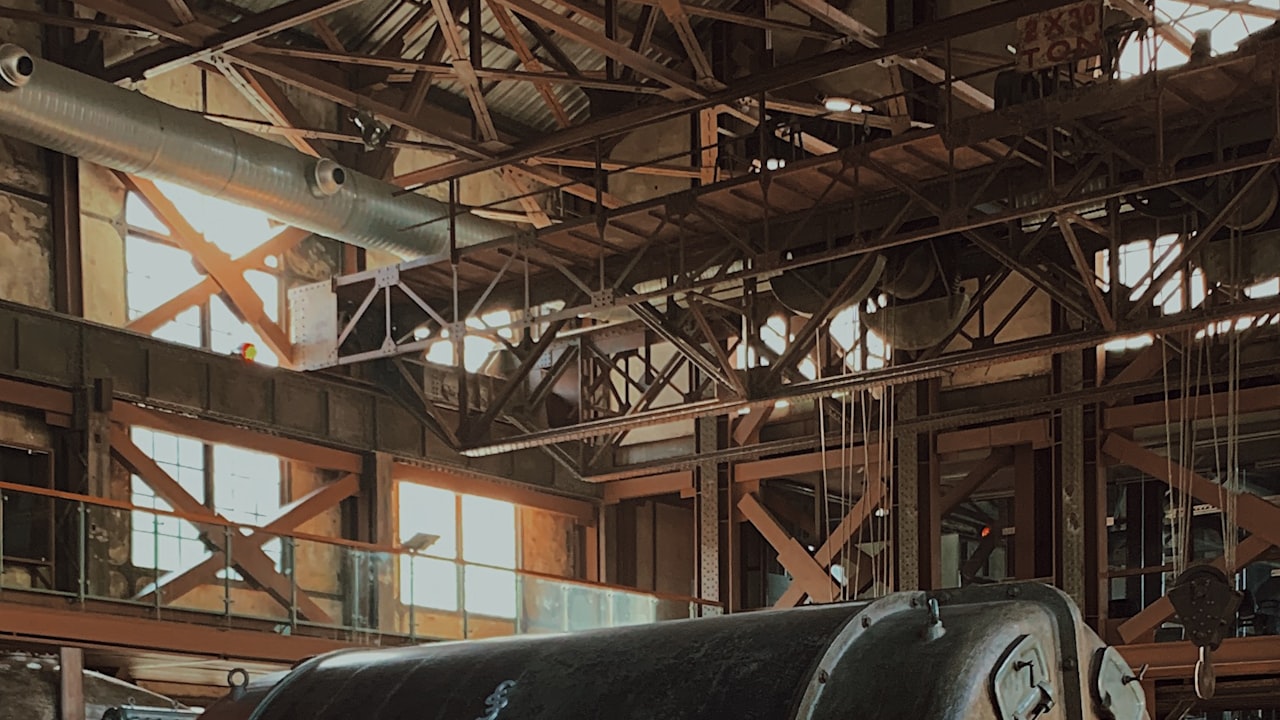Title: “The Evolution of Pharmaceutical Machinery: Advancements and Innovations in Drug Manufacturing Equipment”
Pharmaceutical machinery plays a crucial role in the drug manufacturing process, ensuring the quality, efficiency, and consistency of pharmaceutical products. Over the years, there have been significant advancements and innovations in pharmaceutical machinery, leading to improved production processes and product quality.
One key piece of pharmaceutical machinery is the table press machine, which is used in the compression of powdered ingredients into tablets. These machines have evolved from manual to semi-automatic and fully automatic models, increasing efficiency and precision in tablet production. Modern table press machines come equipped with advanced features such as automatic feeding systems, adjustable compression settings, and real-time monitoring capabilities.
Another essential piece of pharmaceutical machinery is the capsule filling machine, which is used to fill empty capsules with powdered or liquid medications. The evolution of capsule filling machines has seen the development of high-speed, high-precision machines capable of filling thousands of capsules per minute. These machines offer features like automatic capsule loading, precise dosing mechanisms, and quality control systems to ensure consistency in dosage and quality.
In terms of tablet press machines, the introduction of technologies like TDP (Tablet Press) and THDP (High-Speed Tablet Press) has revolutionized tablet production. TDP machines utilize mechanical or hydraulic pressure to compress powders into tablets, while THDP machines can achieve even higher production speeds and efficiencies. These machines are designed to meet the increasing demand for pharmaceutical products while maintaining high quality standards.
The advancements in pharmaceutical machinery have not only improved production processes but also enhanced the safety and quality of pharmaceutical products. Modern pharmaceutical machinery is equipped with safety features such as interlocking systems, automatic fault detection, and compliance with regulatory standards to ensure the safety of operators and the integrity of the products.
In conclusion, the evolution of pharmaceutical machinery, including table press machines, capsule filling machines, TDP, and THDP machines, has led to significant advancements in drug manufacturing equipment. These innovations have enhanced the efficiency, accuracy, and quality of pharmaceutical production, ultimately benefiting both manufacturers and consumers in the pharmaceutical industry.

 Title: The Evolution of Pharmaceutical Machinery: Innovations Driving Drug Manufacturing Efficiency
Title: The Evolution of Pharmaceutical Machinery: Innovations Driving Drug Manufacturing Efficiency Title: The Role of Pharmaceutical Machinery in Enhancing Drug Manufacturing Efficiency
Title: The Role of Pharmaceutical Machinery in Enhancing Drug Manufacturing Efficiency



